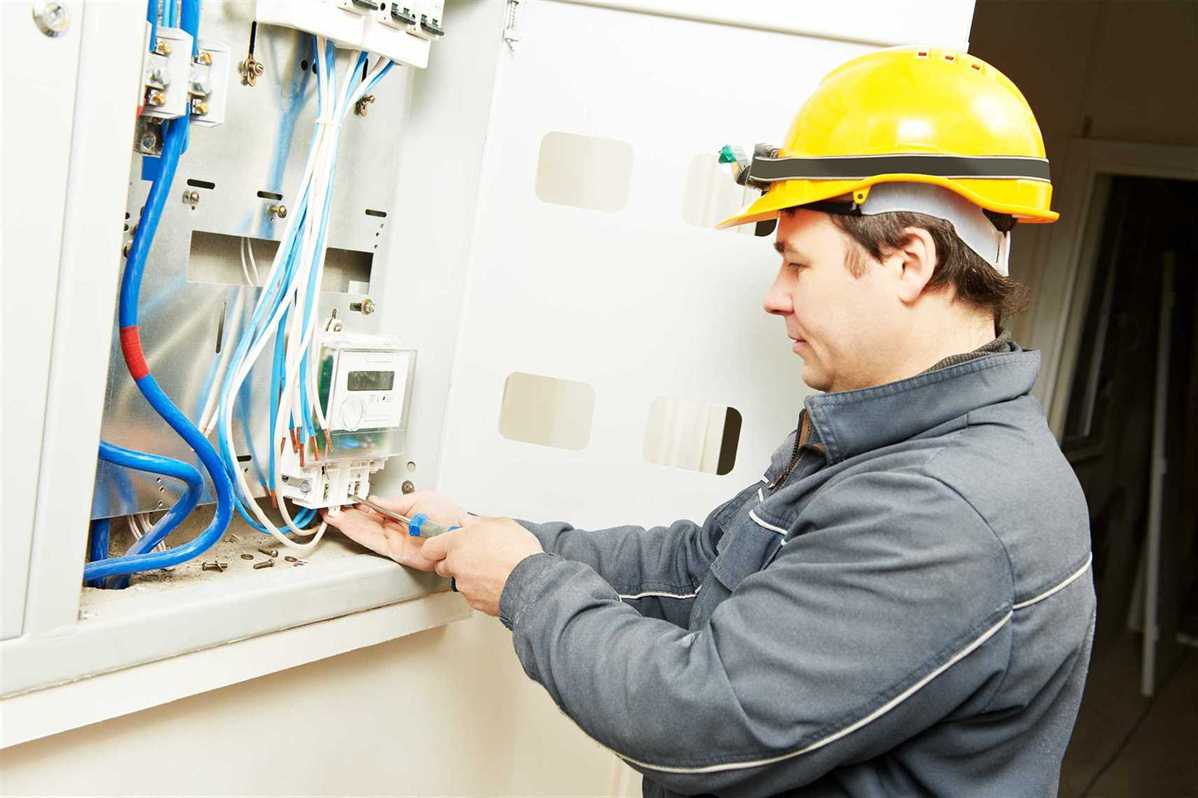

There’s a lot to love about being a landlord. You can leverage an asset you have for even more money; that’s a huge plus. You can provide stable housing for your neighbors or for newcomers to the community, creating a more stable, livable city; another big plus. You can build real connection with your tenants, establishing relationships that will last you a lifetime - the list goes on. As a great fictional character once said, though: with great power comes great responsibility. There are a lot of things a landlord needs to know about, and one of them is electrical. We’ll break it down into a few parts for you: what you should know about upgrading electrical, what you should know about maintaining electrical, and what you should know about how Manitoba Hydro (Hydro) and the Residential Tenancies Branch (the Branch) handle accounts.
You want to know what type of wiring is running through your home, as well as what your home’s capacity is. There are several reasons to want to know these things, but one of the most important is insurance: old wiring systems are often uninsurable, as are systems without sufficient capacity. Knob-and-tube wiring and aluminum wiring are problematic, because they pose a substantial fire risk; get electrical contractors to remove and replace these systems so that your home is insurable and rentable. Homes with insufficient capacity can also create problems; you need an electrical system with enough capacity to run several high-power appliances. Talk to your electrician about how many spaces you have for rent, and they’ll help you evaluate how many amps you realistically need to provide uninterrupted service to your tenants.
You can offer utilities as part of the rent, or you can have your tenants pay the utilities themselves; either way, you are responsible for ensuring that tenants have access to essential utilities. That means it’s your responsibility to maintain the electrical system in your home. Have your tenants report any loss of power immediately, so you can identify if a particular circuit is overloaded. Check around the commons for any signs of electrical problems, such as flickering lights, and ask your tenants to report the same. In a similar vein, be sure that your tenants report any loose outlets, and be wary of any frayed wires. It’s a good idea to have an electrician go through your property at least once a year in order to inspect the condition of the system; as with anything, an ounce of prevention is worth a pound of cure, and it’s best to find these problems before they develop into something more severe.
Understanding how Hydro and the Branch interpret rental agreements and deal with unpaid utility bills is essential to properly managing your rental property. For tenants who are paying utilities themselves, it’s best to have a seperate meter for each tenant, so billing is accurate. Obviously, this is difficult in many cases, and more often than not each unit’s power consumption will be related to the main meter’s. When this occurs, Hydro assumes the landlord will pay the bill themselves, and any disputes about the bill must be resolved through the Branch, the tenants and the landlord. The Branch provides regulation on mediation of shared power meters; the tenant or landlord can ask the Branch to evaluate if the bills are being split in a fair way, because the landlord remains responsible for power consumption in commons.
The practice of “it’s between you and the tenant” is one that Hydro falls back on pretty consistently. They expect meter readings on the day a tenant moves in, and the day the tenant moves out, and this is the period that they will bill to a client. They specify that lease agreements are not relevant to them; they operate strictly on move in and move out dates. You can read more about Hydro’s landlord policies - sufficed to say, it’s in your best interest to make sure you have strong lease agreements so that disputes can be solved through the Branch.
You should also know how the Branch treats bills that are unpaid by the landlord. When the lease specifies that the landlord will pay the rent, the Branch will arrange directly with Hydro to keep power running; they will then instruct tenants to send the rent to them instead of to the landlord, and they will use that rent money to pay off the Hydro bill. The policy for this is pretty detailed and complex; you can read their Landlord Non-Payment of Utilities page to learn more.